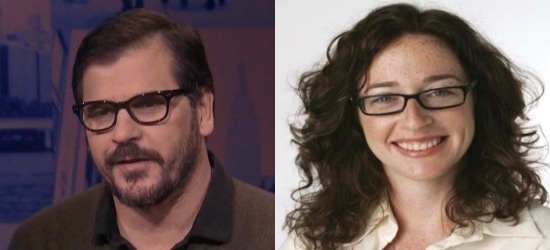
Moving beyond the Catholic Church at the NY Times: Ray Rivera and Sharon Otterman
In the last week, the New York Times has published no less than three items (1, 2, 3) related to large-scale child abuse and cover-ups in New York City's Ultra-Orthodox Jewish communities.
Is the Times finally moving beyond its single-minded obsession with decades-old cases involving the Catholic Church? Kudos to the paper's Ray Rivera and Sharon Otterman for breaking the mold in their bold coverage, which may prevent many innocent children from being harmed in the future.
How far will the Times go?
The Times' coverage is encouraging, because the more light that is shined on the paramount issue of child abuse, then the more likely that children will be protected.
However, will the Times expand its investigative forces into looking into the massive abuses and cover-ups happening today in one of its most beloved secular institutions, the public school system? Just in February of this year, six teachers were arrested on sickening child abuse charges – just in New York City alone! In 2011, there were 561 complaints of "sexually questionable conduct" by New York City teachers. Surely this is an important story worth exploring.
Will the Times' Maureen Dowd evolve past her apparent belief that the gruesome crime of child abuse has not just been an episode exclusive to the Catholic Church in decades past? (Well, maybe that's wishful thinking …)
Stay tuned.
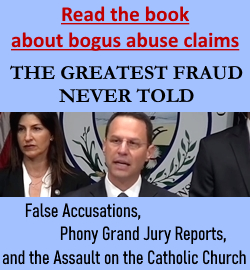

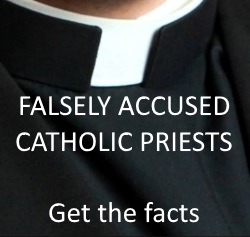
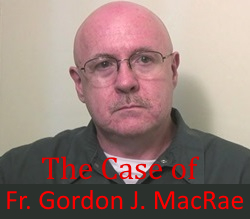
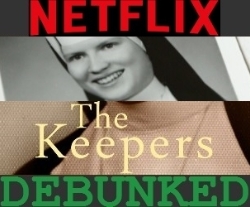
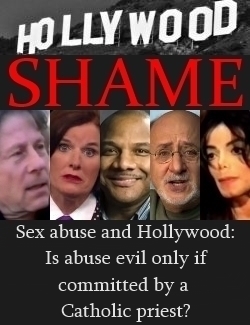
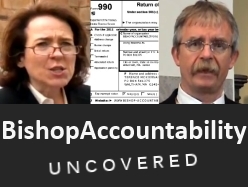
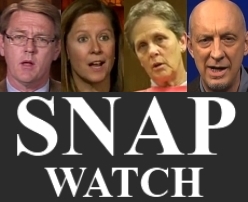
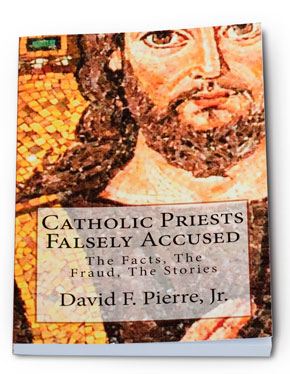
The change at the 'NY Times' is certianly remarkable and of great interest.
I am not sure of the 'valence' of the change, i.e. what is driving it. So I would add a few early thoughts.
First, genuine sexual abuse of children – especially by persons in authority – is very much worth all legitimate and workable efforts to curb it.
Second, 'genuine' is the key here, since as we have seen in the recent past, the definition of 'abuse' can mutate and permutate and expand like kudzu.
Third, this is going to create a conceptual problem for certain advocacies that have taken to justifying the keep-the-ball-rolling effort against specfically Catholic abuse by claiming that the Church is "unique" and so they don't care about anything else except continuing to whack the Catholic pinata. Worse, it is going to require such advocacies to expand their efforts (and thus move on from the Catholic abuse focus) or else they will wind up exposing their own purposes in trying to keep the public focus tightly-controlled against the Church. This would give clear indication that they are indeed anti-Catholic in focus: i.e. they have always used the sexual-abuse issue as the entry-point for a larger agenda.
I think this stems in great part from the great diversity of agendas that have been (temporarily) united under the umbrella issue of the Catholic abuse matter. There are victim-advocacies, atheist and anti-religious types, and from within the Church there are large interests who want to see 'democracy, diversity, and regime-change' in the Church – sort of the whole post-Vatican 2 far-left bunch (now going gray as Vatican 2's conclusion approaches its 50th anniversary and thus running out of time). Add in as well radical feminism as it has been embraced by assorted elements within the Church and applied as opportunity permits against the Church in one way or another; it would be a great 'victory' for this movement if the Church were to cave in to its demands. And we can't exclude a general 'secularist' trend that underlies so much of everything else nowadays.
So I think the Catholic abuse matter – to the extent that the smoke has far far exceeded the fire – has served and continues to serve as a pretext for all sorts of agendas. They are all strapped together in a bundle and the buckle of the strap is the sex-abuse issue.
But if the 'NY Times' is now expanding the focus, then that loosens the strap and puts strain on the buckle, and especially on the particular groups that have kept the buckle tight for the past decade.
It will be interesting to see if in an election year the 'NY Times' will look closely as the public-education venue. In this sense, the focus on Jewish elements (perhaps conservative Jewish elements) can be seen as a variant of the anti-religious use of the abuse phenomenon to further the secularist agenda.
We shall see.
Good development. I certainly hope the public schools will be next. Keep up the pressure.